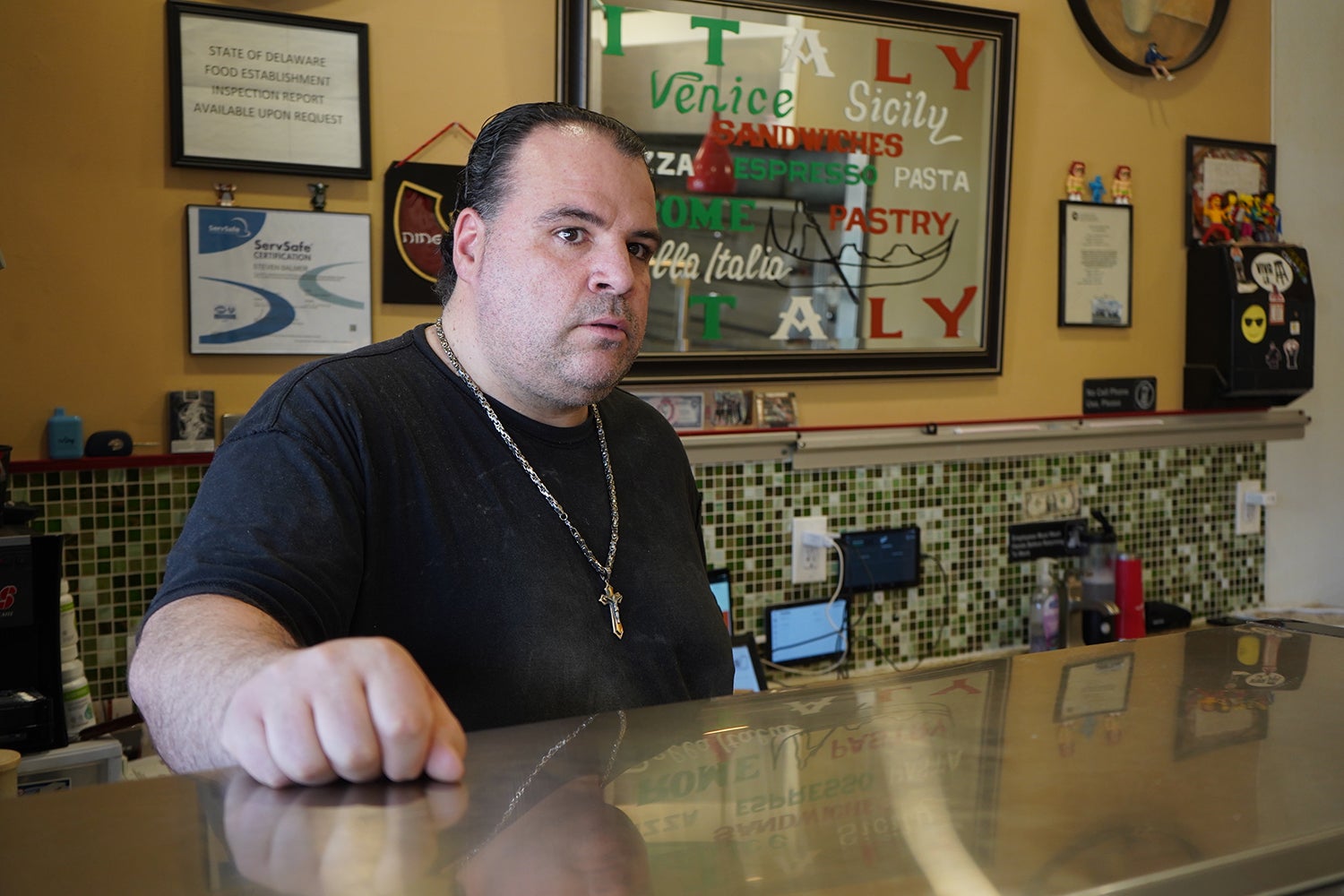Jannik Sinner will not be serving a ban despite failing two anti-doping tests, it was announced on Tuesday.
The World No 1 twice failed tests after testing positive for the banned substance Clostebol earlier this year.
Though he had failed both tests, they were not made public due to the player successfully appealing the ensuing provisional bans as a result of contamination.
A statement posted by the Italian on social media on Tuesday revealed that he had been notified of a positive test in April for a trace amount of Clostebol – less than a billionth of a gram.
He then explained how the positive result emerged, revealing that his fitness trainer had purchased a product ‘easily available over the counter’ in a pharmacy.
World No 1 Jannik Sinner will not serve a ban after being cleared of fault following two positive anti-doping tests


The stylish Italian player has posed for Gucci photoshoots, one of many lucrative partnerships

Due to his successes on the court in the previous 12 months, Sinner has become one of the sport’s most marketable faces
He had then been touched by the trainer whose hand had Clostebol on it, which is believed to have caused the contamination.
‘Following a thorough and extensive investigation the ITIA and Jannik discovered the inadvertent contamination of Clostebol came through the treatment he received from his physiotherapist,’ it read.
‘His fitness trainer purchased a product, easily available over the counter in any Italian pharmacy, which he gave to Jannik’s physiotherapist to care for a cut on the physiotherapist’s finger. Jannik knew nothing of this, and his physiotherapist did not know that he was using a product containing Clostebol.
‘The physiotherapist treated Jannik without gloves and coupled with various skin lesions on Jannik’s body caused the inadvertent contamination.’
Sinner won the Cincinatti Open on Monday – a competition that he was allowed to take part in as a result of appealing the provisional ban handed him once the positive tests had been recorded.
The reigning Australian Open champion had also reached the semi-finals at the French open and the last-eight at Wimbledon, but sat out the Olympic tournament due to tonsilitis.
However, he will lose the ranking points and prize money that he earned at the Indian Wells competition, in which he was beaten in the last four by Carlos Alcaraz.
Sinner added in the statement published on Tuesday that he will look to move on from the ‘troubling’ period, with his lawyer affirming that there is ‘no question’ that his client was innocent.

Sinner won the Cincinatti Open on Monday after beating Francis Tiafoe in straight sets

Sinner won the Australian Open earlier this year to pick up his maiden grand slam honours
The ITIA (International Tennis Integrity Agency) confirmed in their own statement that they had consulted with scientific experts on the matter, who concluded that Sinner’s explanation was credible, and did not oppose the removal of the provisional suspensions.
‘I will continue to do everything I can to ensure I continue to comply with the ITIA’s anti-doping programme and I have a team around me that are meticulous in their own compliance.’
Sinner’s lawyer Jamie Singer added: ‘Anti-doping rules have to be very strict to be effective. Sadly the unfortunate consequence is that, occasionally, entirely innocent athletes get caught up in them. There is no question that Jannik is innocent in this case.
‘The ITIA did not challenge that key principle. However, under strict liability rules Jannik is responsible for whatever is in his system, even when entirely unaware of it, as in this exceptional case.’











